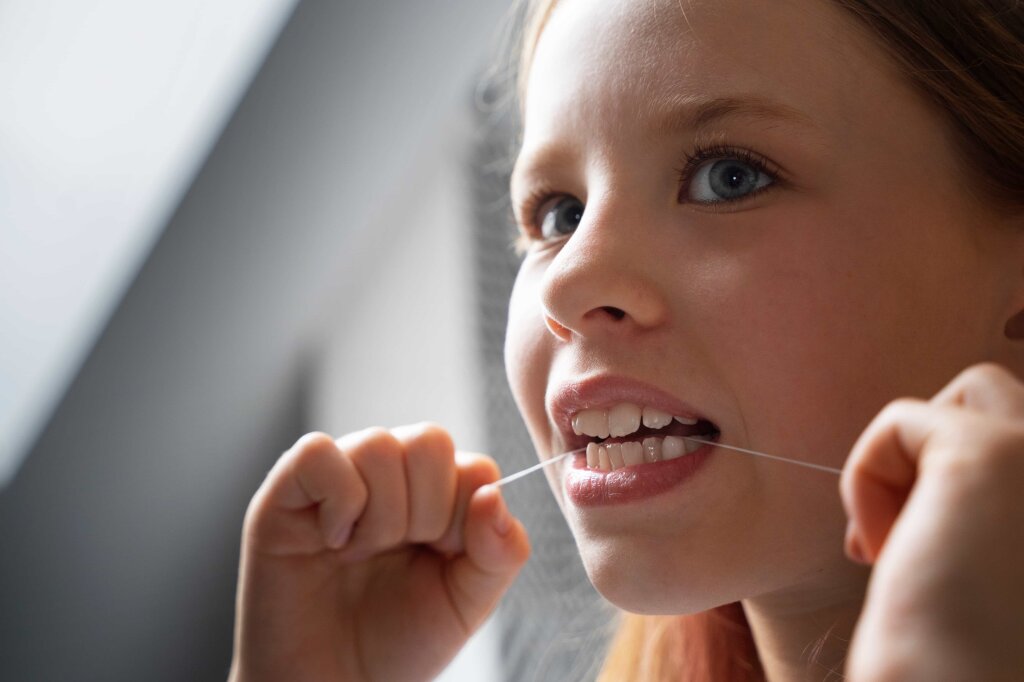The teething process in children is an exciting but sometimes challenging period for both babies and parents. During this time, common signs such as discomfort and teething symptoms often arise. So, how can you ease this process and ensure your baby’s comfort? We’ve compiled everything you need to know about the teething process in children.
What Is the Teething Process?
The teething process is a developmental stage that begins around 6 months of age and continues until about 2.5 years old. The first teeth to appear are usually the lower front incisors, followed by others in a specific order. This process varies from child to child, with some teething early and others later. During this time, common signs include irritability, drooling, loss of appetite, and mild fever.
What Are the Signs of Teething?
Here are some signs to help you recognize that your baby is teething:
Excessive drooling: Babies tend to produce more saliva while teething.
Swollen and red gums: You may notice slight swelling and redness where the teeth are about to emerge.
Irritability and crying: Babies may become fussy due to gum discomfort and pain.
Desire to bite: Babies often want to bite things to relieve pressure on their gums.
Loss of appetite: Babies may refuse food or show less interest in eating during this time.
Tips for Parents
Parents can help soothe their baby during the teething process. Here are some suggestions to ease this period:
Use teething toys: Babies can chew on teething toys to alleviate gum irritation. You can cool them in the fridge for extra relief.
Cold foods: If your baby has started solid foods, cold fruit purees or yogurt can soothe their gums.
Massage: Gently massage your baby’s gums with a clean finger to reduce discomfort.
Pain-relieving gels: Consult your doctor about using teething gels to relieve pain. Be cautious and use them sparingly.
Important Points During the Teething Process
Although teething is a natural developmental phase, there are some things parents should be mindful of. If your baby has a high fever, prolonged irritability, or significant loss of appetite, it may be necessary to see a doctor. It’s also important to maintain oral hygiene to prevent gum infections. As soon as the first teeth start to emerge, you should begin cleaning them gently. A soft toothbrush can be used to clean your baby’s first teeth, promoting healthy dental development.
The teething process in children, while sometimes challenging, is a natural part of growth. As parents, you can help make this process easier and more comfortable for your baby. By recognizing the signs of teething early and applying appropriate methods, you can alleviate discomfort. Remember, every baby’s teething journey is different, so be patient and don’t hesitate to seek expert advice when necessary.
For more information on teething and expert recommendations, consult a dentist today!






